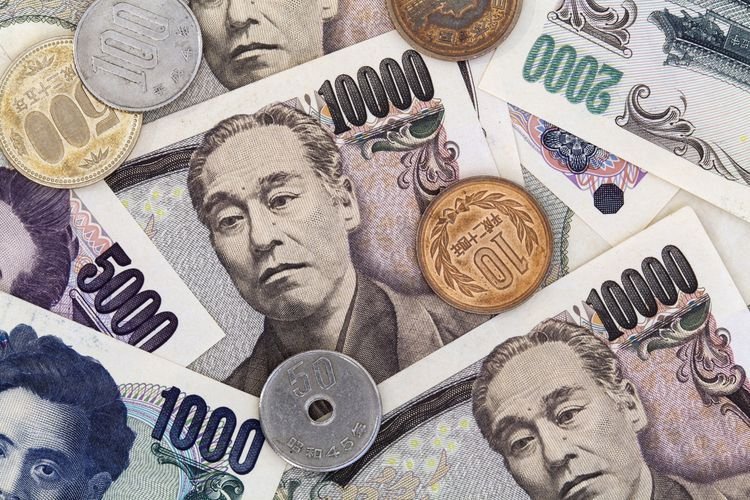South Korea’s crypto market has experienced unprecedented growth, marking a significant shift in the country’s financial landscape. The number of investors surged to 15.59 million by the end of November 2024, according to data shared by Democratic Party lawmaker Lim Kwang-hyun. This milestone highlights the accelerating adoption of digital assets, driven by favorable market conditions and growing optimism among retail and institutional investors.
Key Drivers Behind the Surge in Crypto Adoption
Several factors contributed to the rapid growth of South Korea’s cryptocurrency market:
- Post-Election Optimism
The recent U.S. presidential election, which saw Donald Trump’s victory, has positively influenced global crypto markets. South Korean investors mirrored this optimism, increasing their holdings and trading activities in November. - Rising Investor Confidence
The value of cryptocurrencies held by South Korean investors reached a record 102.6 trillion won ($78 billion) in November, a sharp increase from 58 trillion won in July. This growth reflects heightened confidence in digital assets as an investment vehicle. - Expanding Trading Infrastructure
The presence of well-established exchanges, such as Upbit, Bithumb, Coinone, Korbit, and GoPax, has made crypto trading accessible and secure. These platforms reported a combined daily trading volume of nearly 15 trillion won, comparable to South Korea’s stock markets.
Individual Investment Trends
The average cryptocurrency holdings per investor surged to 6.58 million won in November, marking a significant increase compared to previous months. This trend suggests:
- Growing Retail Participation
More individuals are entering the market, drawn by the potential for high returns and the accessibility of crypto trading platforms. - Larger Investments Per Capita
Existing investors have increased their stakes, reflecting greater confidence in the market’s long-term potential.
South Korea’s Top Crypto Exchanges: Leading the Charge
The country’s five leading cryptocurrency exchanges have played a pivotal role in facilitating market growth:
- Upbit
As the largest exchange in South Korea, Upbit handles a significant share of the country’s daily trading volume. Its user-friendly interface and extensive asset offerings make it a preferred platform. - Bithumb
Known for its high liquidity and diverse trading pairs, Bithumb attracts both retail and institutional traders. - Coinone
Coinone emphasizes security and innovation, offering advanced trading tools and features. - Korbit
Korbit appeals to new investors with its simplified trading options and educational resources. - GoPax
GoPax stands out for its focus on transparency and compliance, earning trust among users.
These exchanges have contributed to the robust trading environment, ensuring seamless transactions and fostering trust in the ecosystem.
Record-Breaking Market Growth
The rapid growth of South Korea’s crypto market is evident in the following metrics:
- Investor Growth
The addition of 610,000 new investors in November represents a remarkable achievement, highlighting widespread adoption. - Total Market Value
The total value of cryptocurrencies held by South Koreans soared to 102.6 trillion won, showcasing a substantial inflow of capital into the market. - Trading Volume
The daily trading volume of 15 trillion won underscores the market’s liquidity and activity levels, rivaling traditional stock markets.
Challenges Facing the Booming Crypto Market
Despite its impressive growth, South Korea’s cryptocurrency market faces several challenges:
- Market Volatility
Cryptocurrencies are known for their price fluctuations, posing risks to both new and experienced investors. - Regulatory Uncertainty
Lawmakers, including Lim Kwang-hyun, have expressed concerns about the market’s rapid growth. Calls for regulatory measures to stabilize the market and protect consumers are increasing, but the government has yet to announce specific actions. - Consumer Protection
Ensuring the safety of investors remains a priority. Fraud, hacking incidents, and unregulated activities can undermine confidence in the market. - Overleveraging Risks
Some investors engage in high-risk trading strategies, such as leveraging, which can lead to significant losses during market downturns.
Government’s Role in Market Stability
South Korea’s government faces the challenge of balancing market growth with investor protection. Key considerations include:
- Regulatory Frameworks
Implementing clear and comprehensive regulations can enhance market stability and transparency. - Education Initiatives
Providing resources to educate investors about the risks and opportunities of cryptocurrency trading can promote responsible participation. - Monitoring Exchanges
Ensuring that crypto exchanges comply with anti-money laundering (AML) and know-your-customer (KYC) requirements can reduce illicit activities. - Tax Policies
Introducing fair tax policies for cryptocurrency gains can contribute to government revenues while encouraging compliance.
Comparisons with Global Markets
South Korea’s crypto market growth mirrors trends observed in other major markets:
- United States
The U.S. market has seen increased institutional participation, with Bitcoin ETFs gaining approval and regulatory clarity improving under the new administration. - Europe
The European Union’s Markets in Crypto-Assets (MiCA) framework has set a precedent for comprehensive crypto regulations, providing a roadmap for other nations. - Japan
Japan remains a leader in crypto adoption, with a well-established regulatory framework that encourages innovation while ensuring security.
South Korea’s position as a key player in the global crypto ecosystem reflects its proactive approach to fostering innovation and adoption.
Opportunities for Investors and Businesses
The booming crypto market in South Korea presents opportunities for both investors and businesses:
- Portfolio Diversification
Cryptocurrencies offer an alternative asset class with high growth potential, appealing to investors seeking diversification. - Blockchain Innovation
The growing market encourages the development of blockchain-based solutions, fostering innovation in sectors such as finance, healthcare, and supply chain management. - Job Creation
The expansion of crypto exchanges and blockchain companies creates employment opportunities in technology, finance, and compliance roles. - Global Collaboration
South Korea’s thriving crypto market attracts partnerships with international firms, enhancing its position in the global blockchain ecosystem.
Predictions for 2025 and Beyond
The rapid growth of South Korea’s crypto market indicates a promising future. Key predictions include:
- Increased Institutional Participation
As regulatory clarity improves, more institutions are likely to enter the market, driving further growth. - Market Maturity
With time, the market will likely stabilize, reducing volatility and enhancing investor confidence. - Technological Advancements
Innovations in blockchain technology and decentralized finance (DeFi) will continue to transform the industry. - Global Leadership
South Korea’s proactive approach positions it as a leader in the global cryptocurrency market, influencing trends and standards worldwide.
Conclusion
South Korea’s crypto market has reached new heights, with 15.59 million investors and a record 102.6 trillion won in holdings. The rapid growth reflects a combination of favorable market conditions, technological advancements, and increasing investor confidence. While challenges such as volatility and regulatory uncertainty persist, the opportunities for growth and innovation remain immense.
By addressing these challenges through clear regulations and investor education, South Korea can solidify its position as a global leader in the cryptocurrency space. As the market matures, its impact on the country’s economy and global crypto ecosystem will continue to grow, making it a key player in shaping the future of digital finance.
ALSO READ: Turkey’s New Cryptocurrency Regulations: A Comprehensive Look




